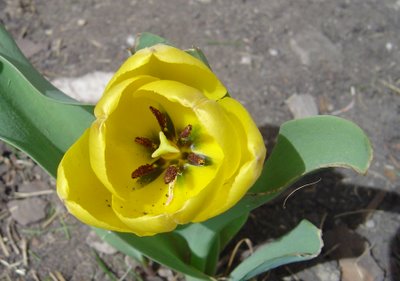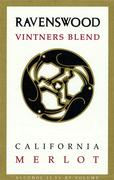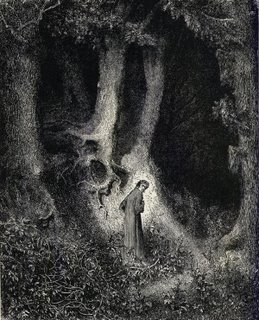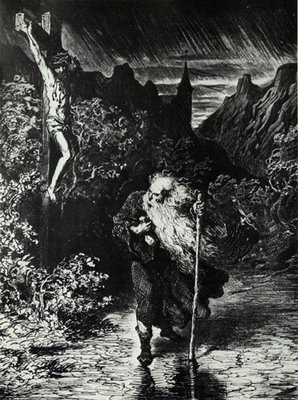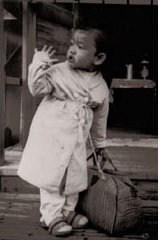 lani morioka walking to group showers in a US WWII internment camp
lani morioka walking to group showers in a US WWII internment campI've watched you now a full half-hour;
Self-poised upon that yellow flower
And, little Butterfly! indeed
I know not if you sleep or feed.
How motionless!--not frozen seas
More motionless! and then
What joy awaits you, when the breeze
Hath found you out among the trees,
And calls you forth again!
This plot of orchard-ground is ours;
My trees they are, my Sister's flowers;
Here rest your wings when they are weary;
Here lodge as in a sanctuary!
Come often to us, fear no wrong;
Sit near us on the bough!
We'll talk of sunshine and of song,
And summer days, when we were young;
Sweet childish days, that were as long
As twenty days are now.
Stay near me--do not take thy flight!
A little longer stay in sight!
Much converse do I find in thee,
Historian of my infancy!
Float near me; do not yet depart!
Dead times revive in thee:
Thou bring'st, gay creature as thou art!
A solemn image to my heart,
My father's family!
Oh! pleasant, pleasant were the days,
The time, when, in our childish plays,
My sister Emmeline and I
Together chased the butterfly!
A very hunter did I rush
Upon the prey:--with leaps and springs
I followed on from brake to bush;
But she, God love her, feared to brush
The dust from off its wings.
William Wordsworth, 1801 (1770-1850)
This is yet another poem from my son's nursery rhyme collection. In that book just the first two verses are given but from them I figured that this was not just another pantheist hymn of Wordsworths. A quick internet search revealed the last two verses and from them we see hints of a more personal story.
Wordsworth lost his mother when he was eight and was sent to school, away from his beloved sister Dorothy who was six at the time. Five years later their father died. William and his sister had a close attachment from an early age which they were able to renew in later years. From 1799 to 1813 they shared a house
in the lake district and this poem was written during that particularly creative period. Unfortunately Dorothy who was sensitive as a child spent the last twenty years of her life suffering with mental illness.
The poem perhaps gives us a glimpse of happy times the siblings spent together. Like much lyric poetry I feel this poem is meant to be sung. I have sung it to my boy for the past three weeks and the musical quality come through each time. The photo seemed to capture some of the childhood innocence and also the separation the poem evokes.
For more information ...
william wordsworthjune utako morioko
